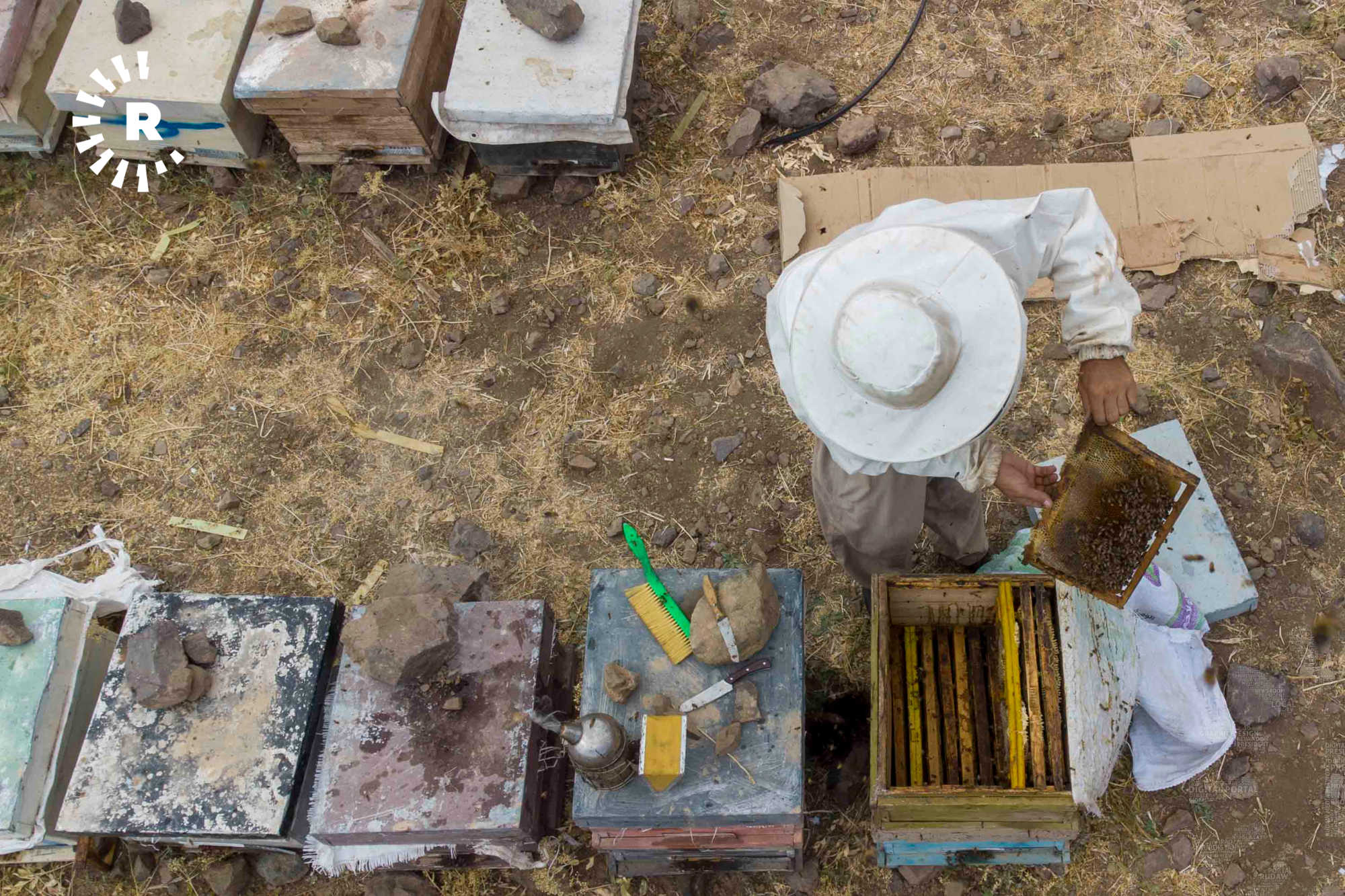Photo Gallery
Dust storms and sudden rainfall have affected the production of natural honey in Erbil province's Balakayati region. Farmers say this year's honey production in the area has decreased by 50 percent.
Honey harvesting season has begun in the heights of Mount Halgurd in the Balakayati region and some beekeepers say honey production has decreased, citing climate change and dust storms.
"This year, honey production in this region [Balakayati] has decreased by 50 percent due to dust storms and unexpected rain." Jabbar Nabi Agha, a beekeeper of more than 15 years in Balakayati, told Rudaw.
"Our honey is 100 percent natural, and our bees benefit from the nectar of the flowers in this area, but this year's dust and sudden rains have badly damaged the nectar, reducing honey production," he added.
The price of honey this year has increased compared to last year as a result of the decrease in production.
Last year, the price of a kilogram of honey was between 40 to 50 thousand Iraqi dinars ($27-$30), which has increased to between 60 to 70 ($40-$48) thousand Iraqi dinars this year, according to the beekeeper.
Balakayati is located in Choman district, in northeastern Erbil province on the Kurdistan Region's border with Iran.
However, beekeepers say that honey production in Garmiyan administration this year is better than in the desert areas due to the lower frequency of sudden rains.
In the Kurdistan Region, if the weather is favorable and rainfall is plentiful, bees produce honey twice.
The spring harvesting season starts in mid-May and lasts until June, while the summer harvest season runs from mid-August to late September, depending on the region.
03-09-2022 2
03-09-2022 3
03-09-2022 4
03-09-2022 5
03-09-2022 7
03-09-2022 8
03-09-2022 9
03-09-2022 10
03-09-2022 12
03-09-2022 13
03-09-2022 14
03-09-2022 15
03-09-2022 17
03-09-2022 18
03-09-2022 19
03-09-2022 21
03-09-2022 22
03-09-2022 23
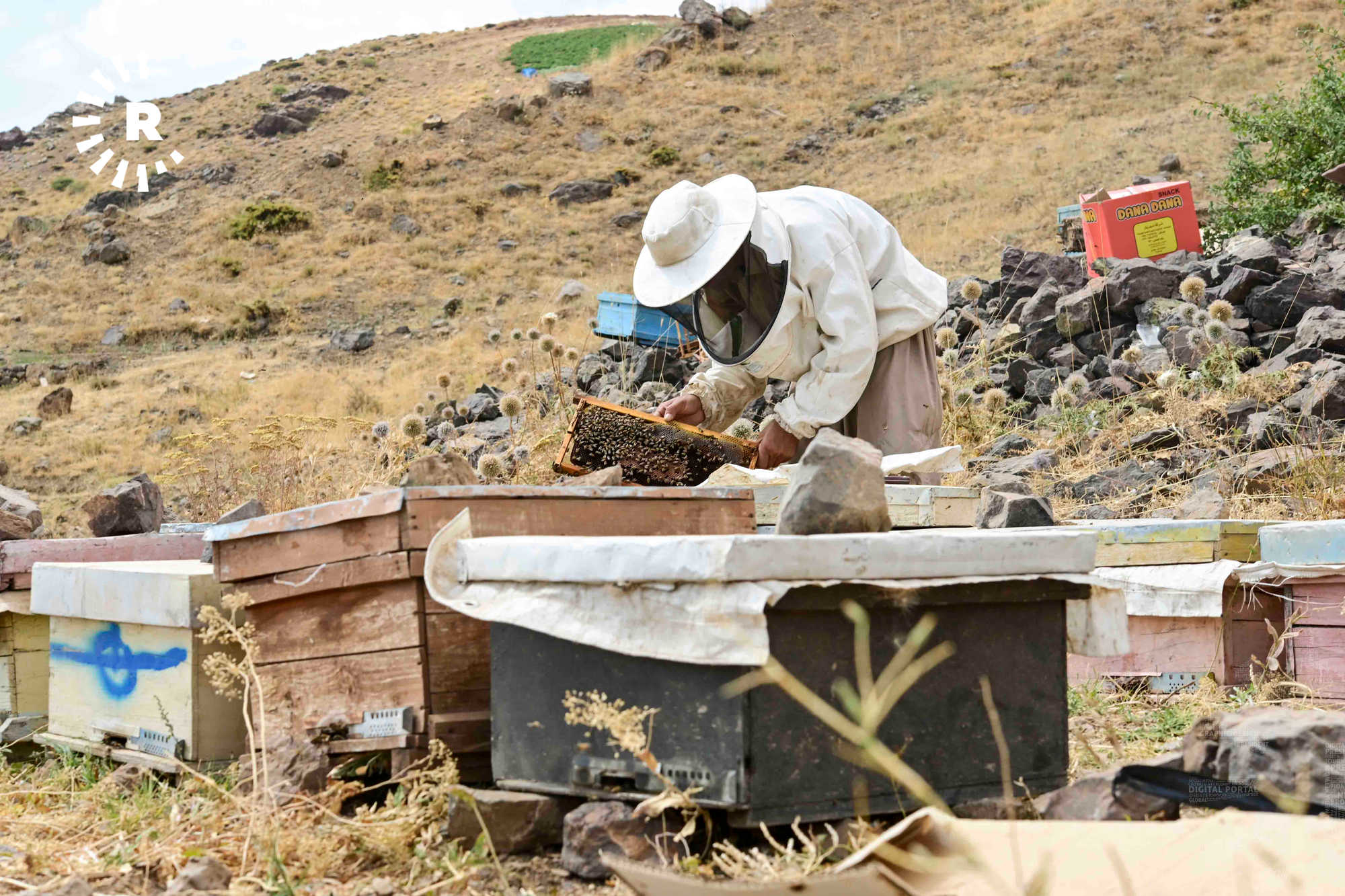
Honey production in Balakayati halving due to climate change
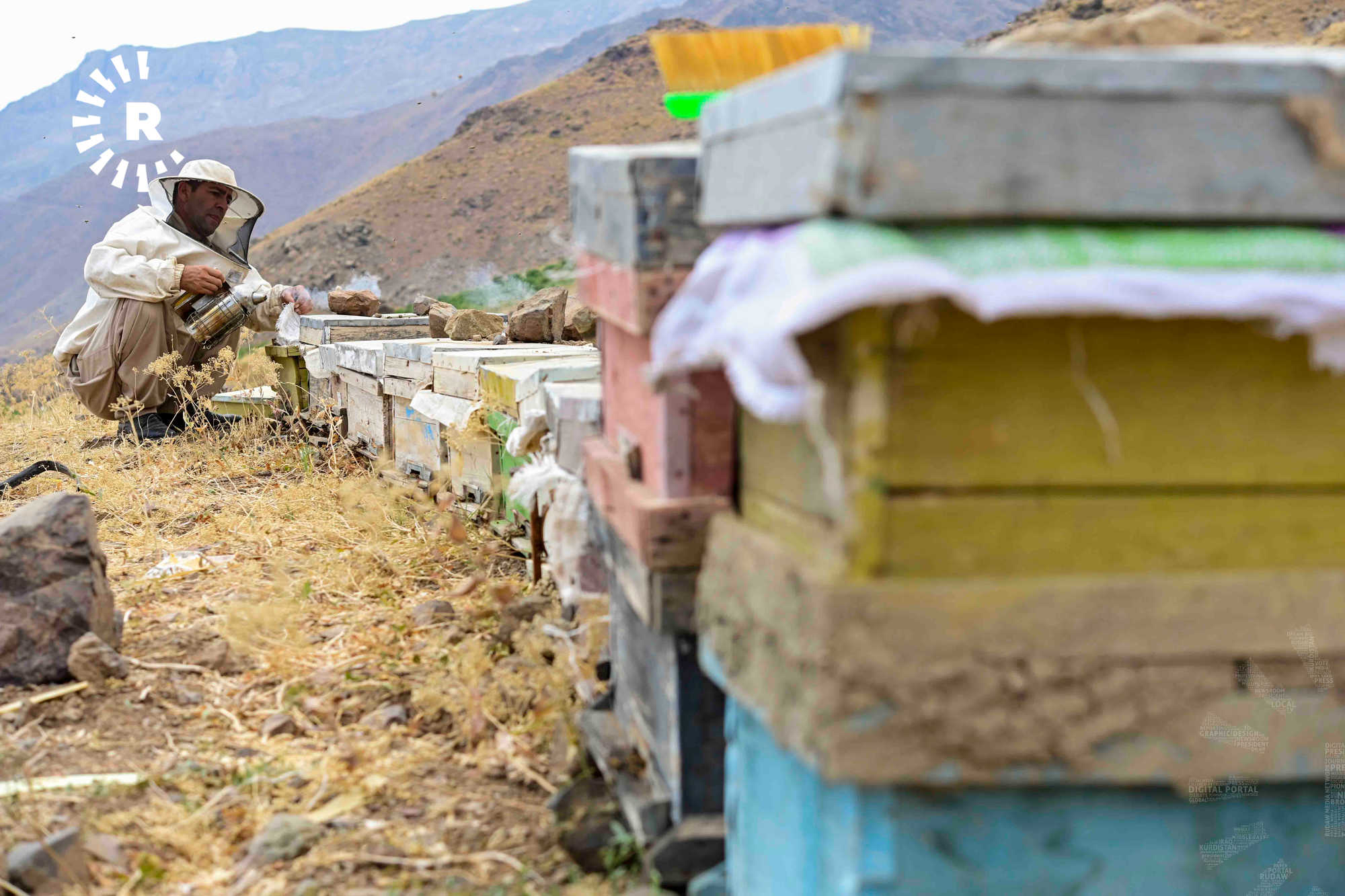
Honey production in Balakayati halving due to climate change
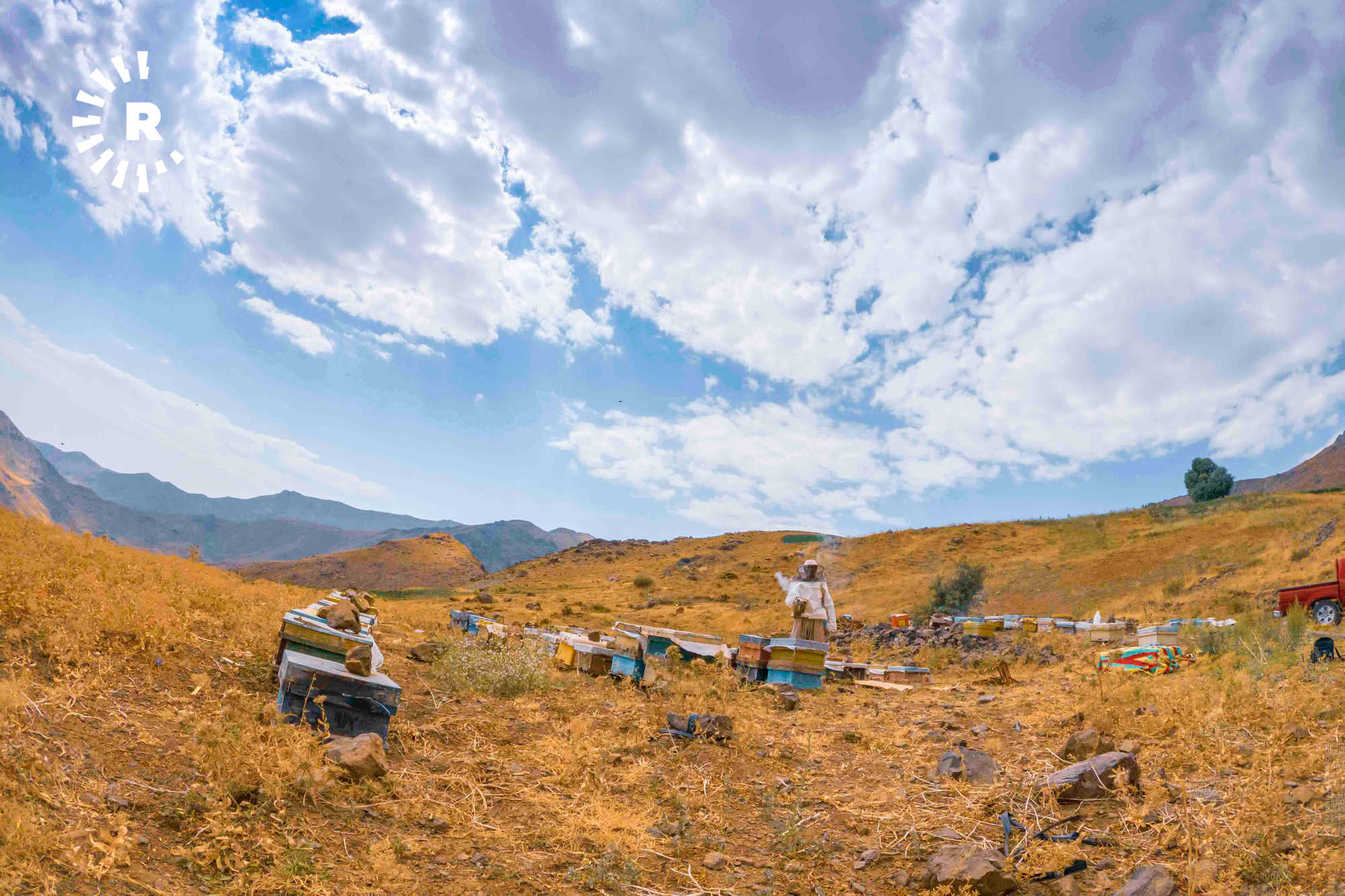
Honey production in Balakayati halving due to climate change
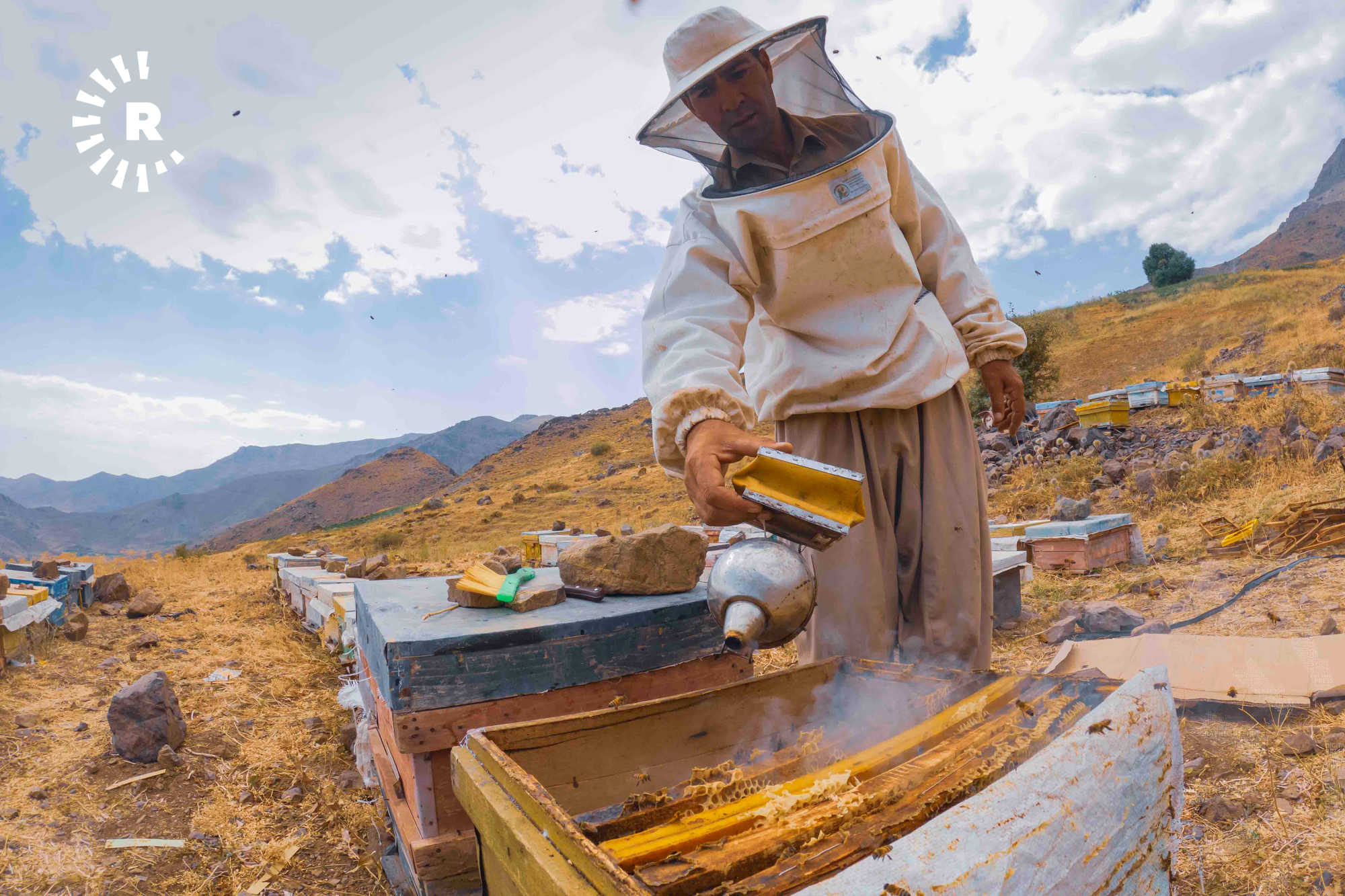
Honey production in Balakayati halving due to climate change
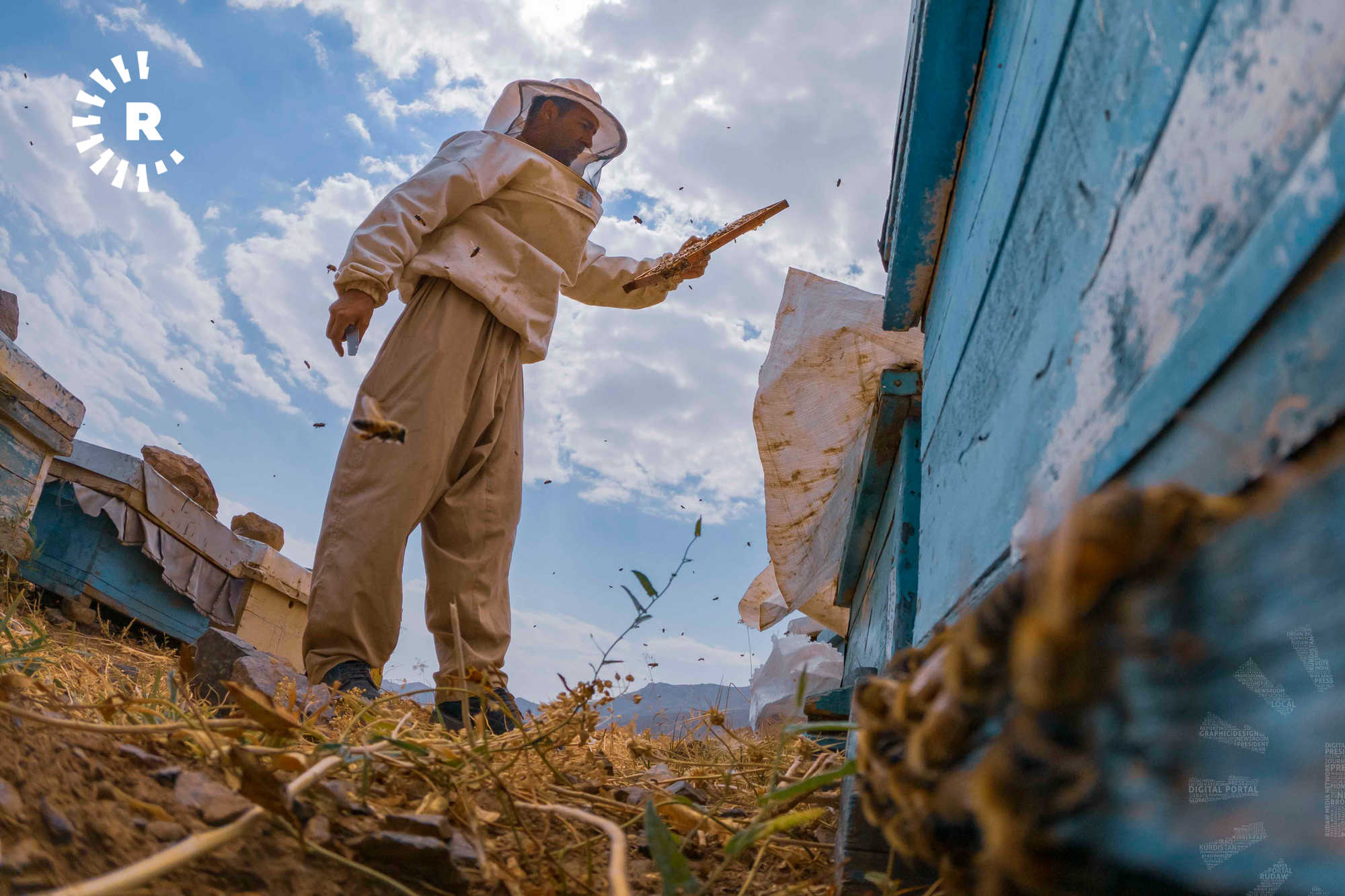
Honey production in Balakayati halving due to climate change
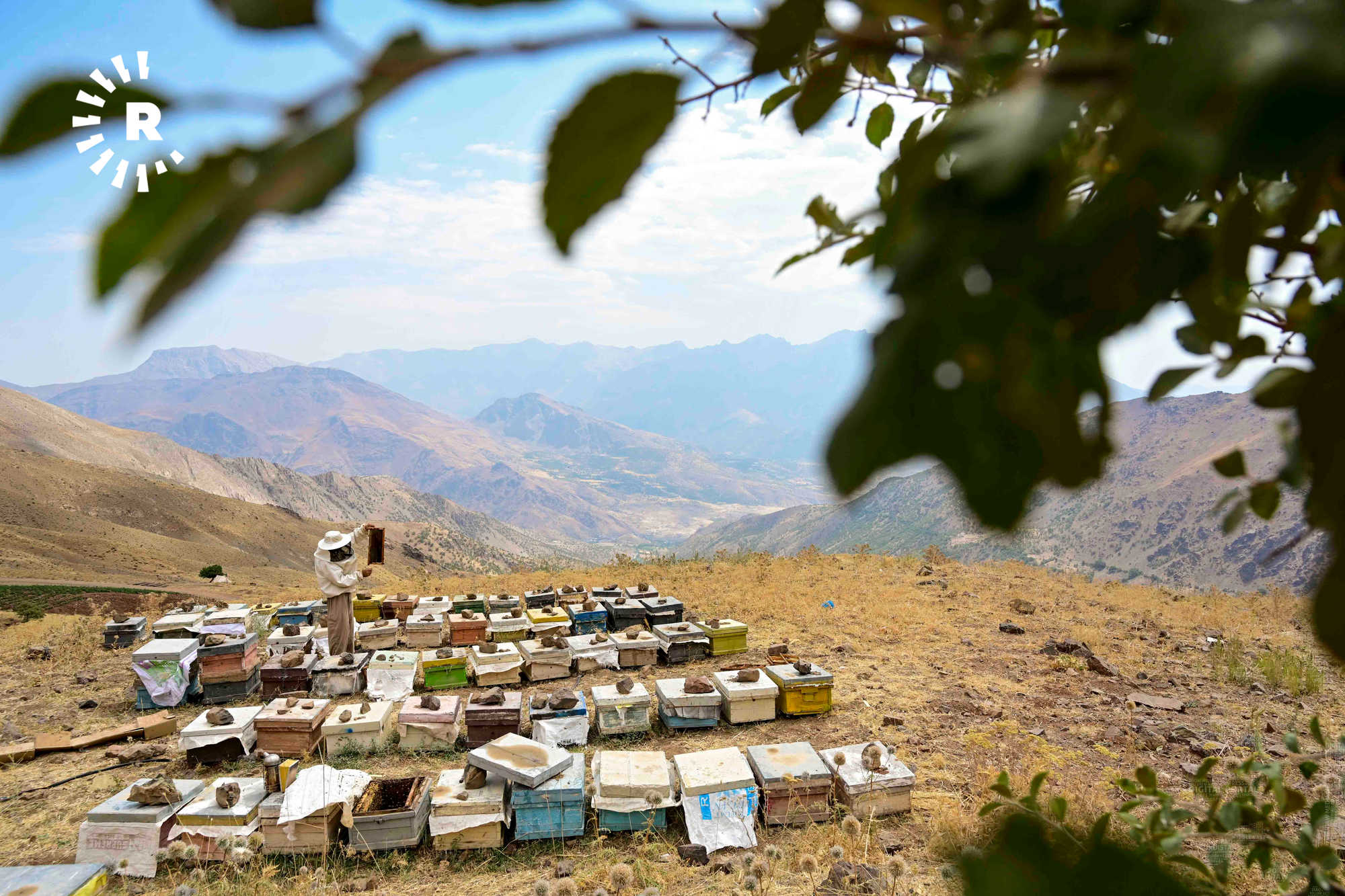
Honey production in Balakayati halving due to climate change
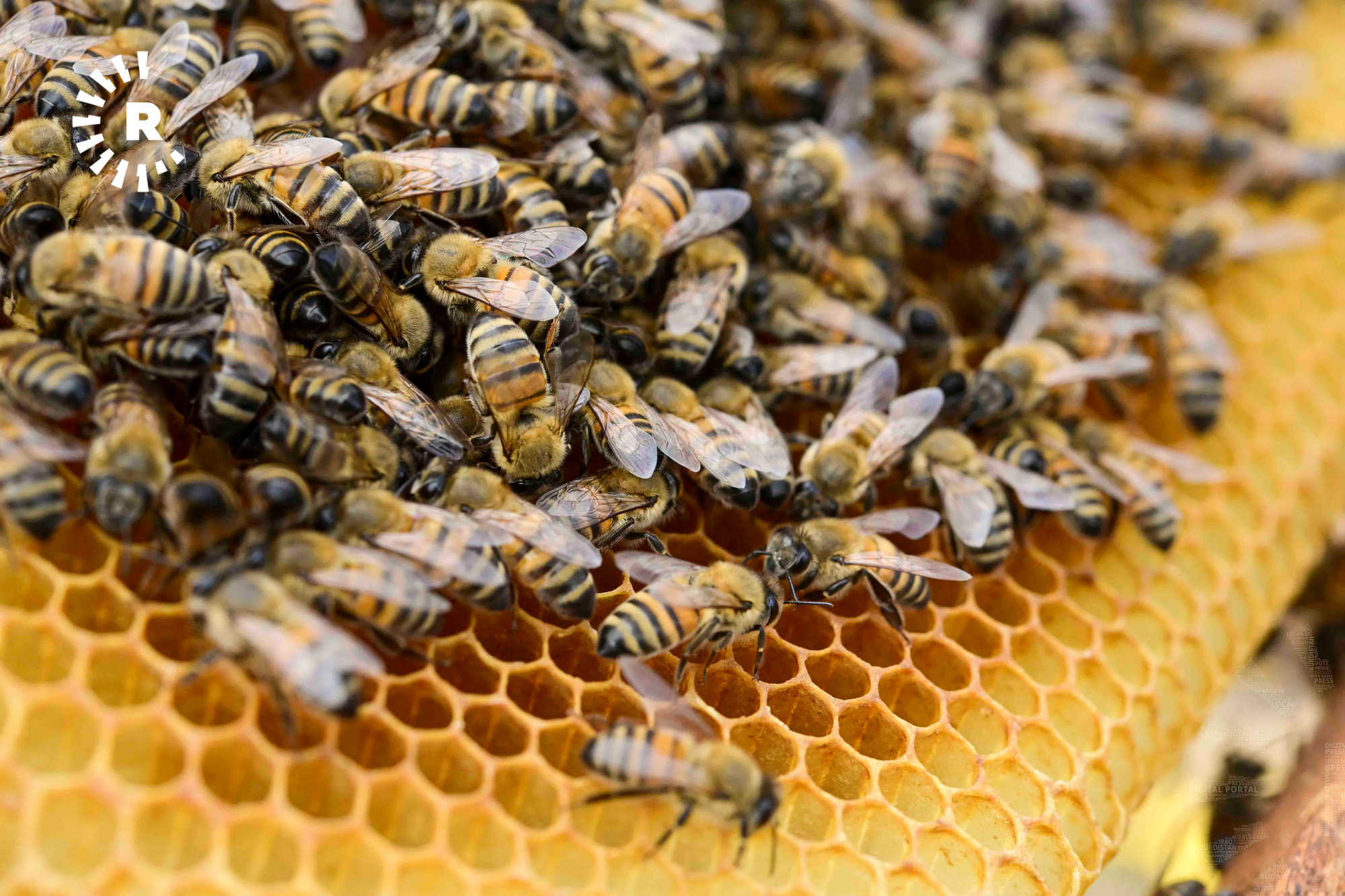
Honey production in Balakayati halving due to climate change
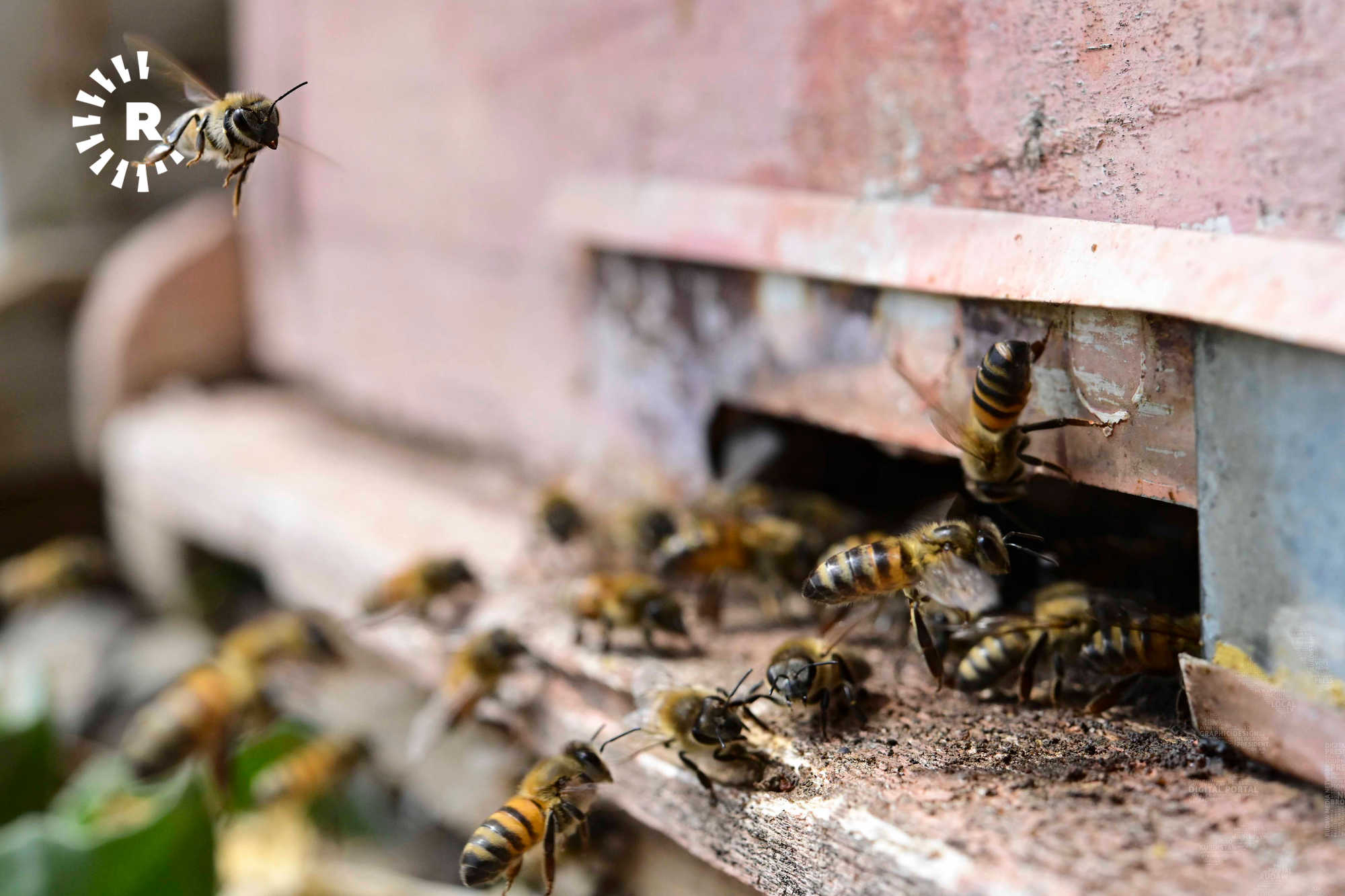
Honey production in Balakayati halving due to climate change
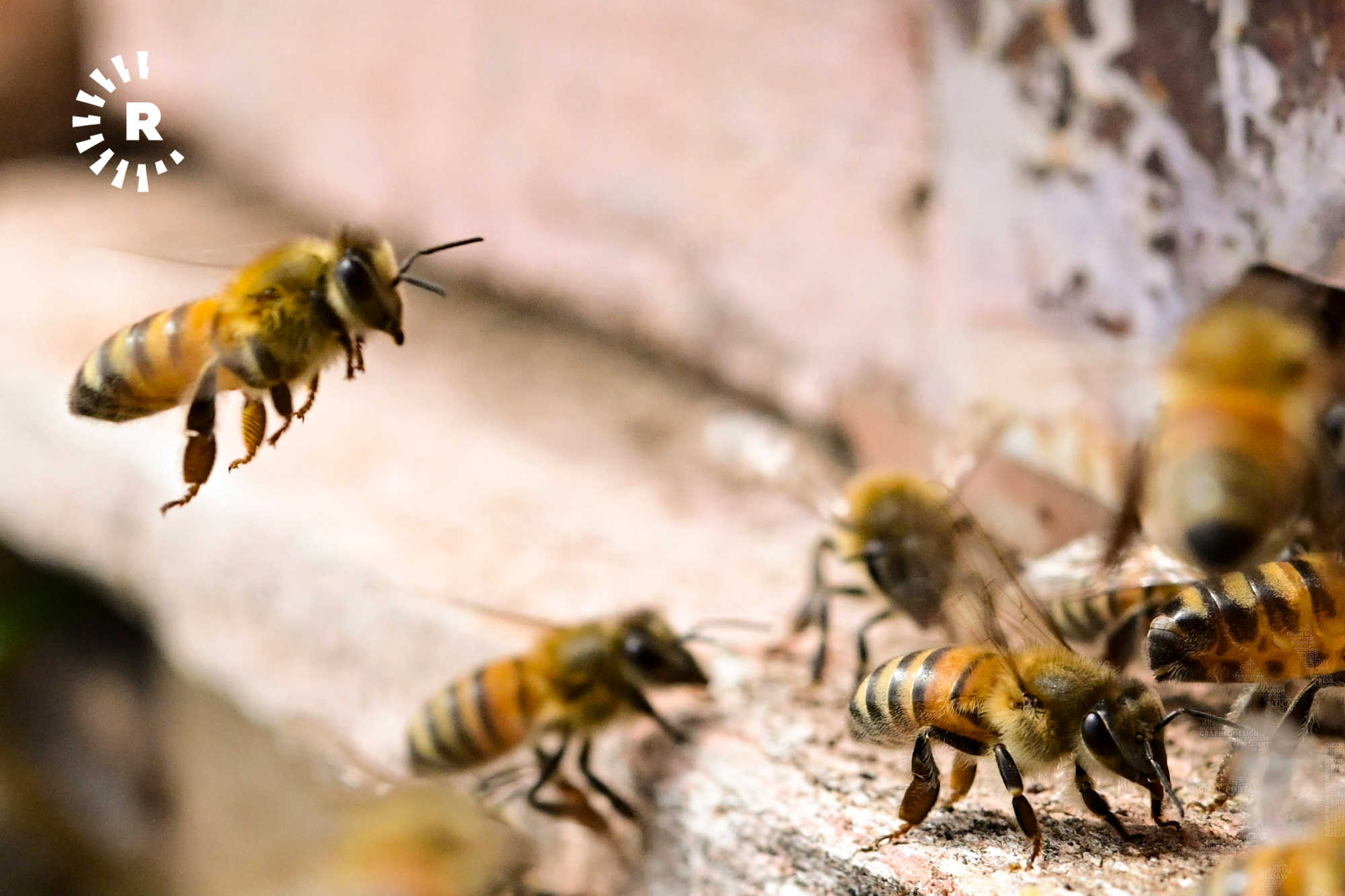
Honey production in Balakayati halving due to climate change
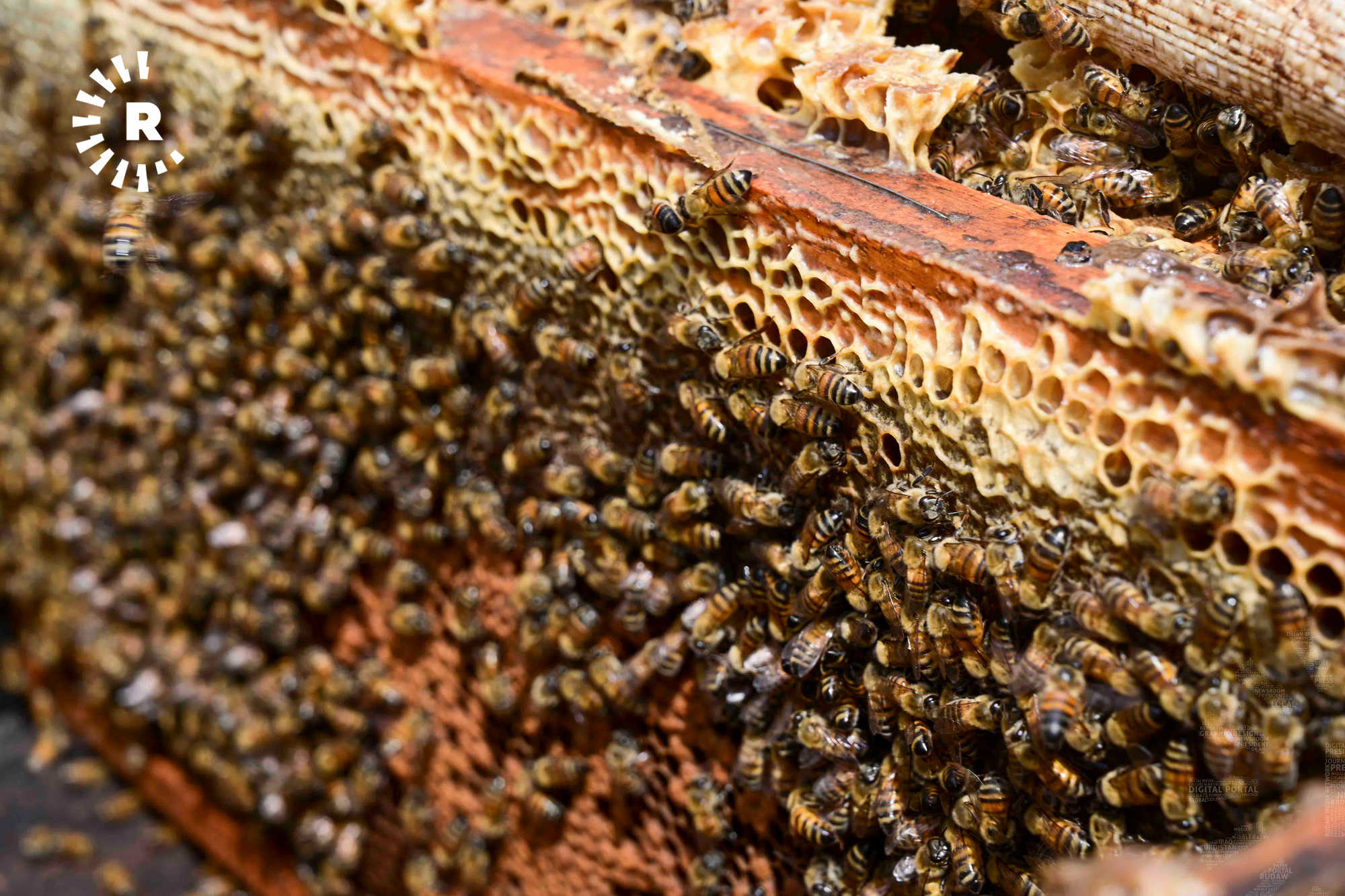
Honey production in Balakayati halving due to climate change
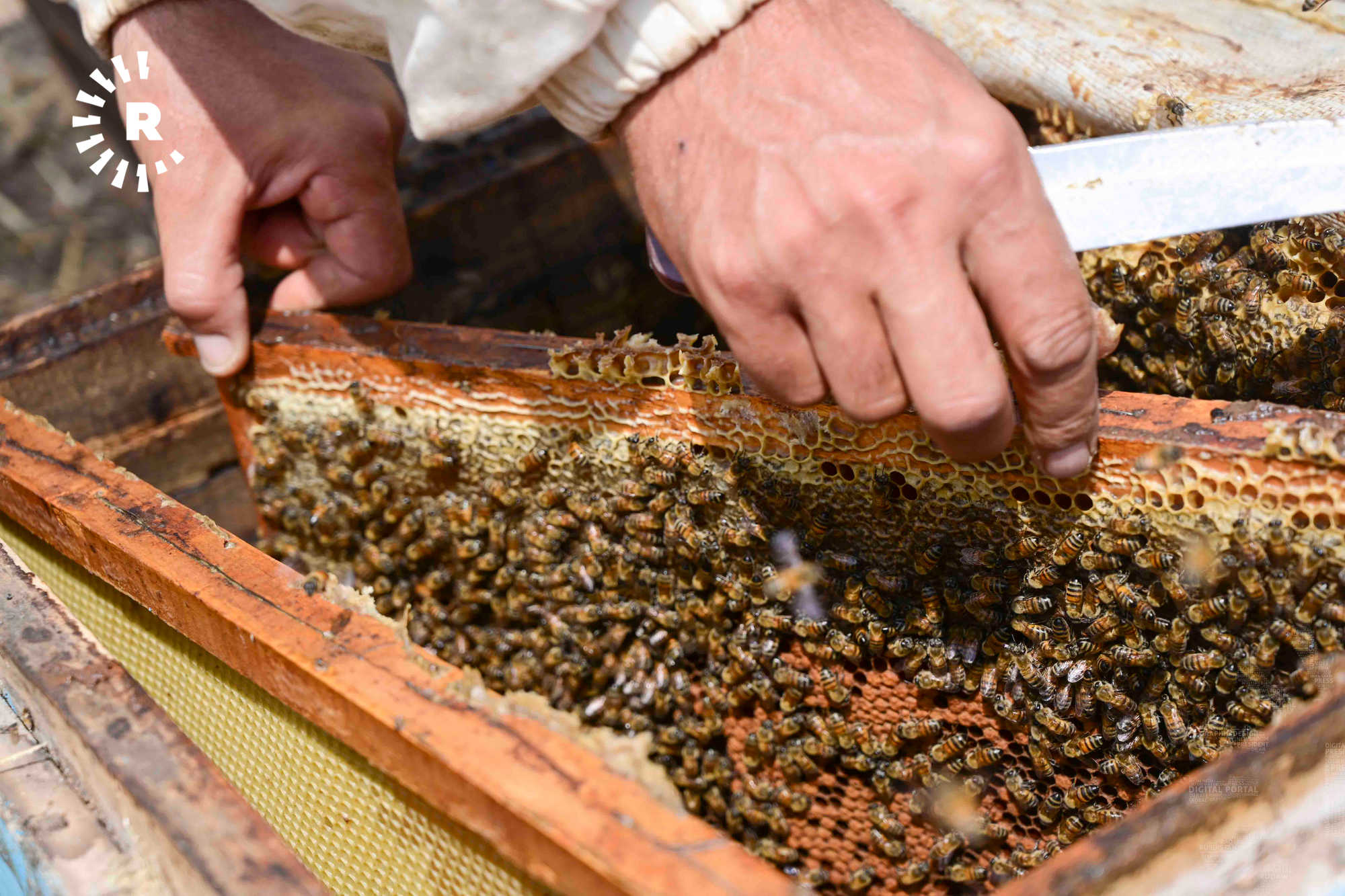
Honey production in Balakayati halving due to climate change
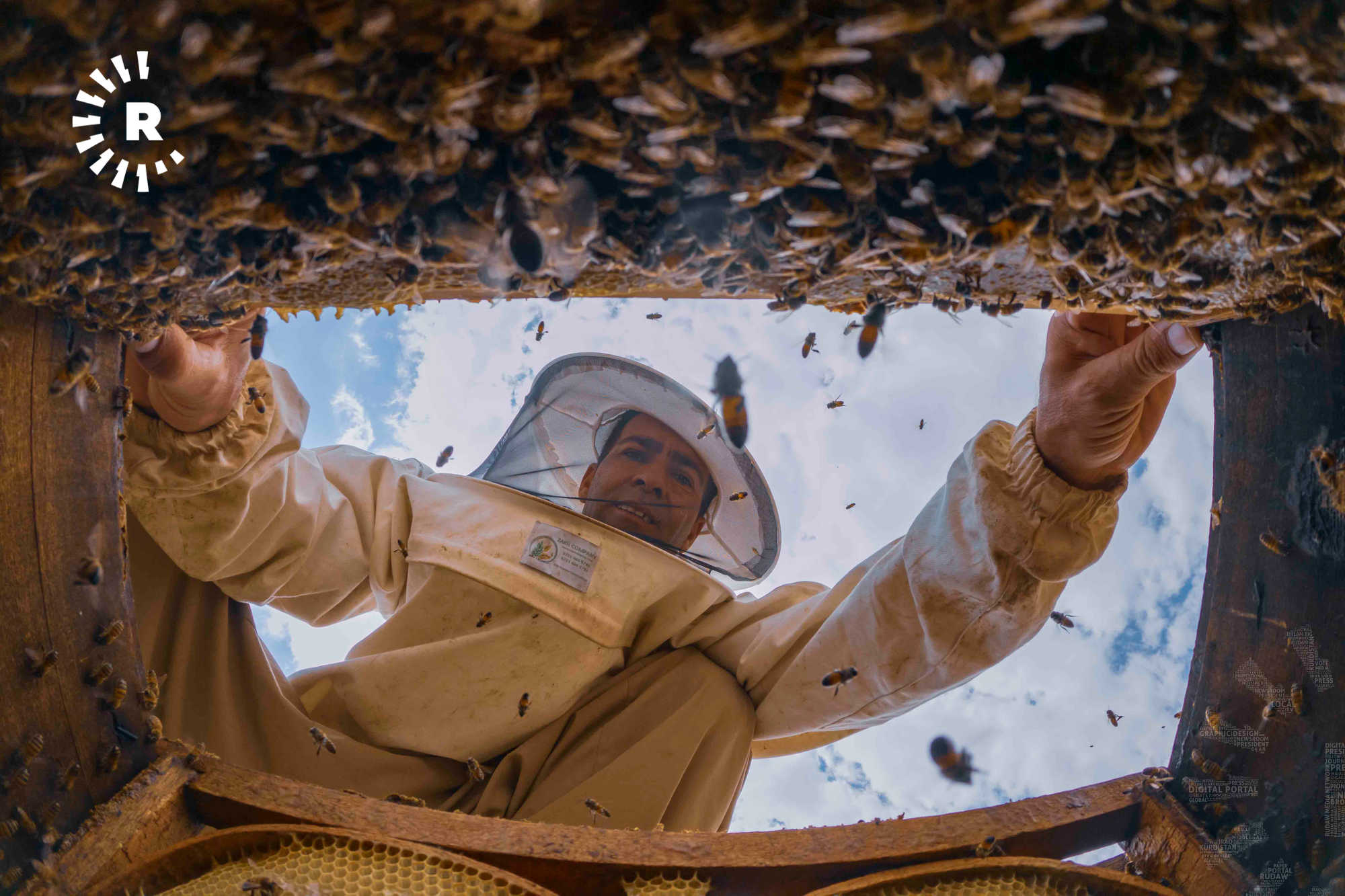
Honey production in Balakayati halving due to climate change
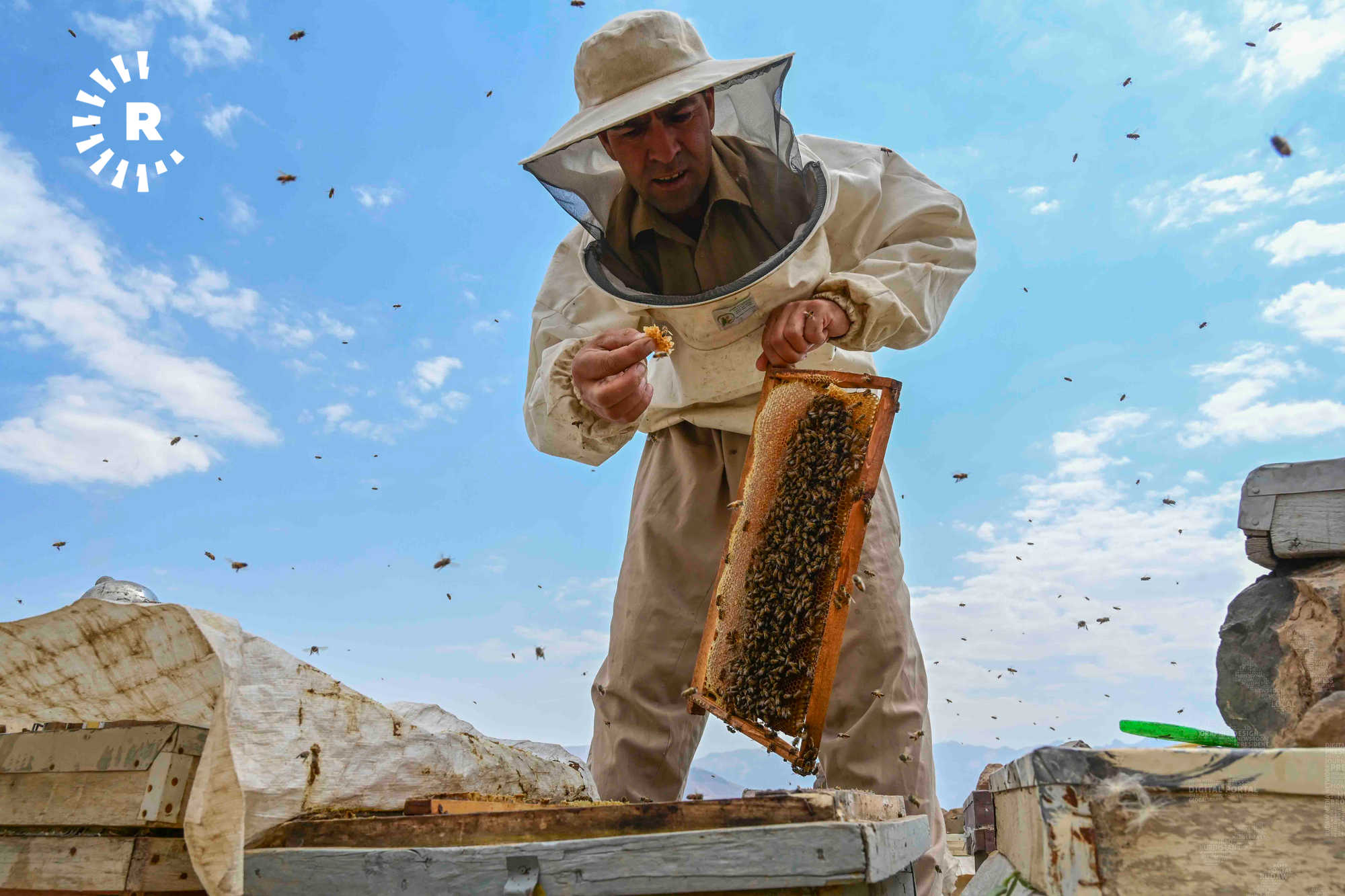
Honey production in Balakayati halving due to climate change
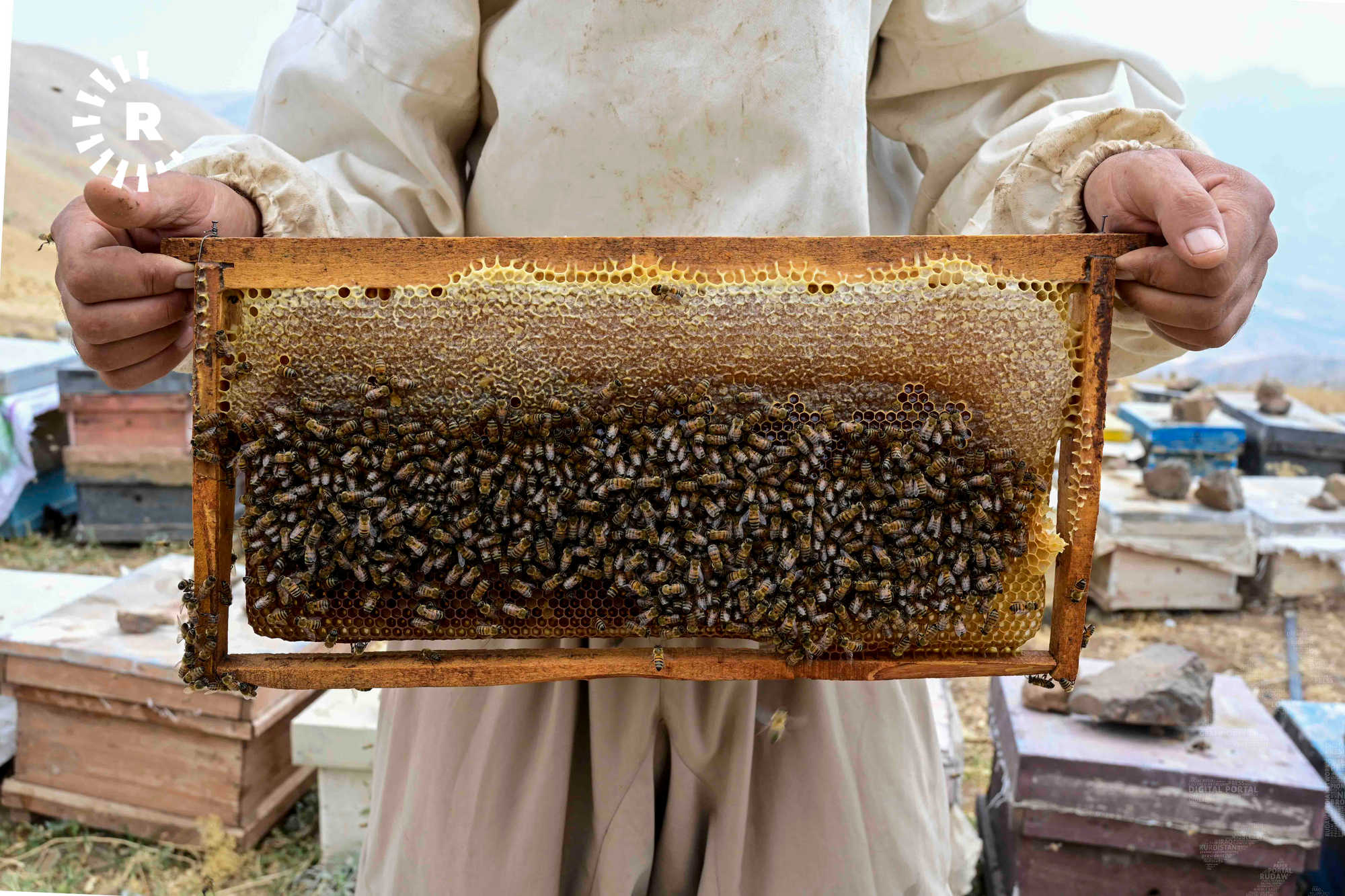
Honey production in Balakayati halving due to climate change
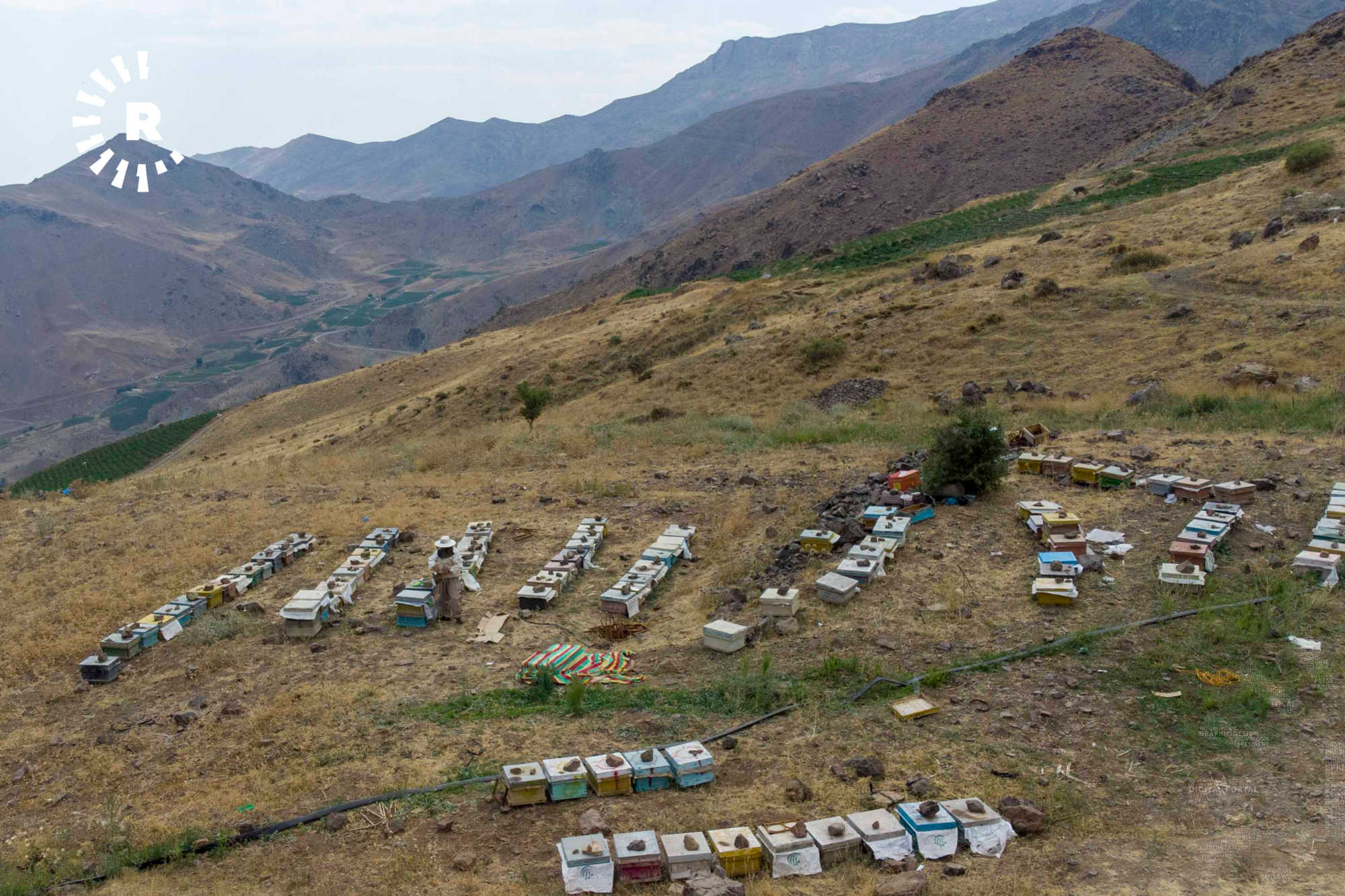
Honey production in Balakayati halving due to climate change
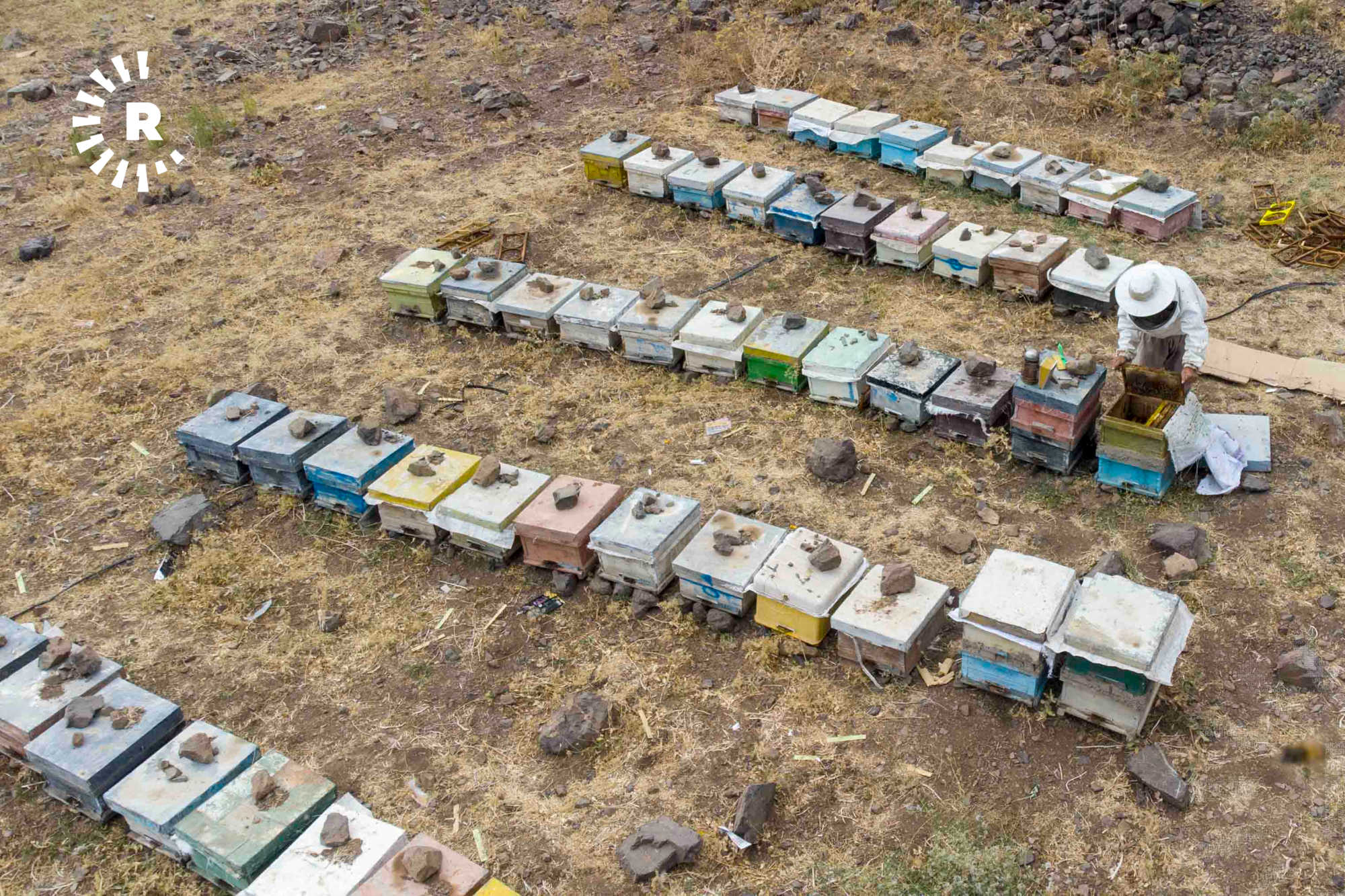
Honey production in Balakayati halving due to climate change
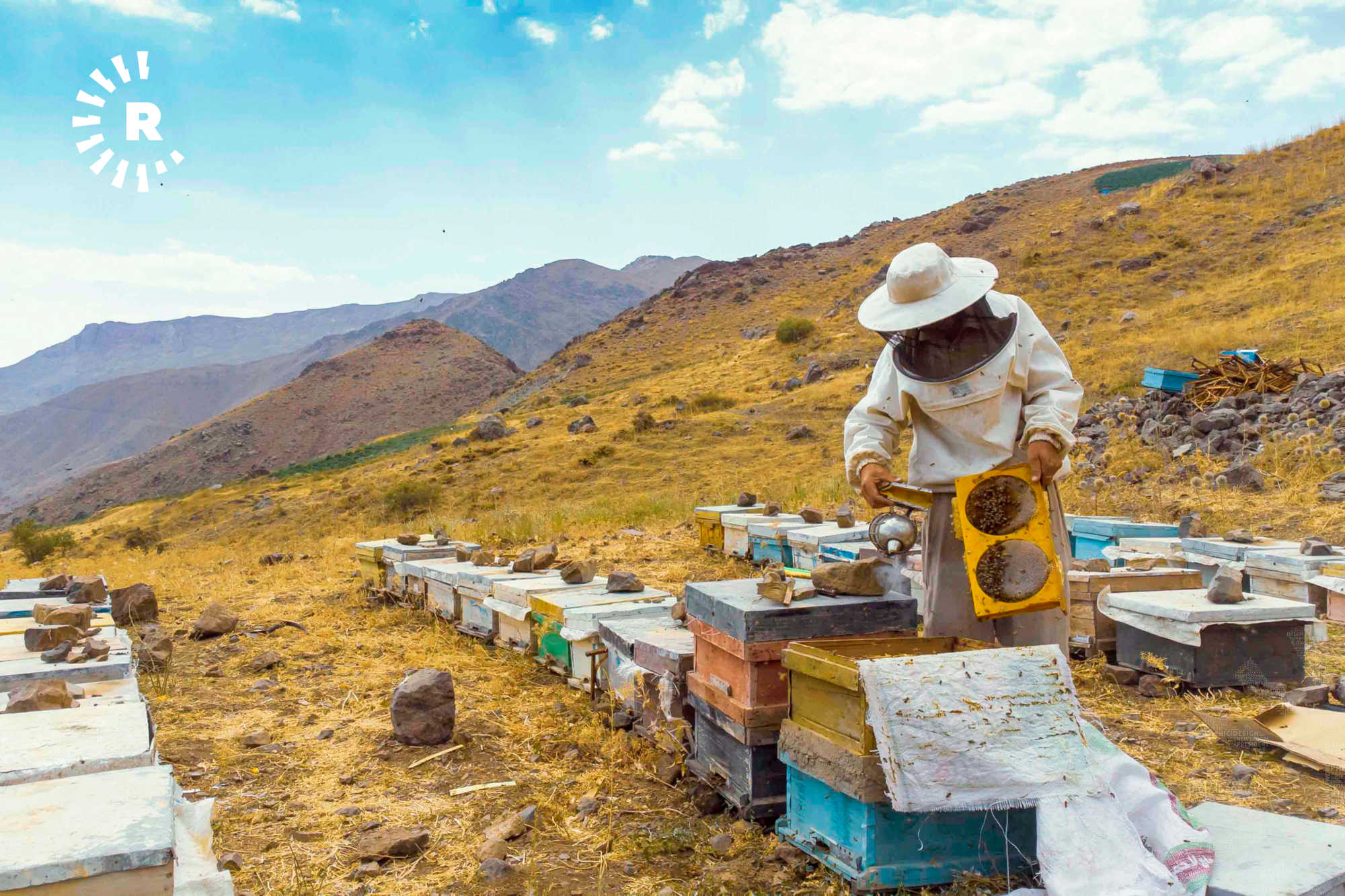
Honey production in Balakayati halving due to climate change
